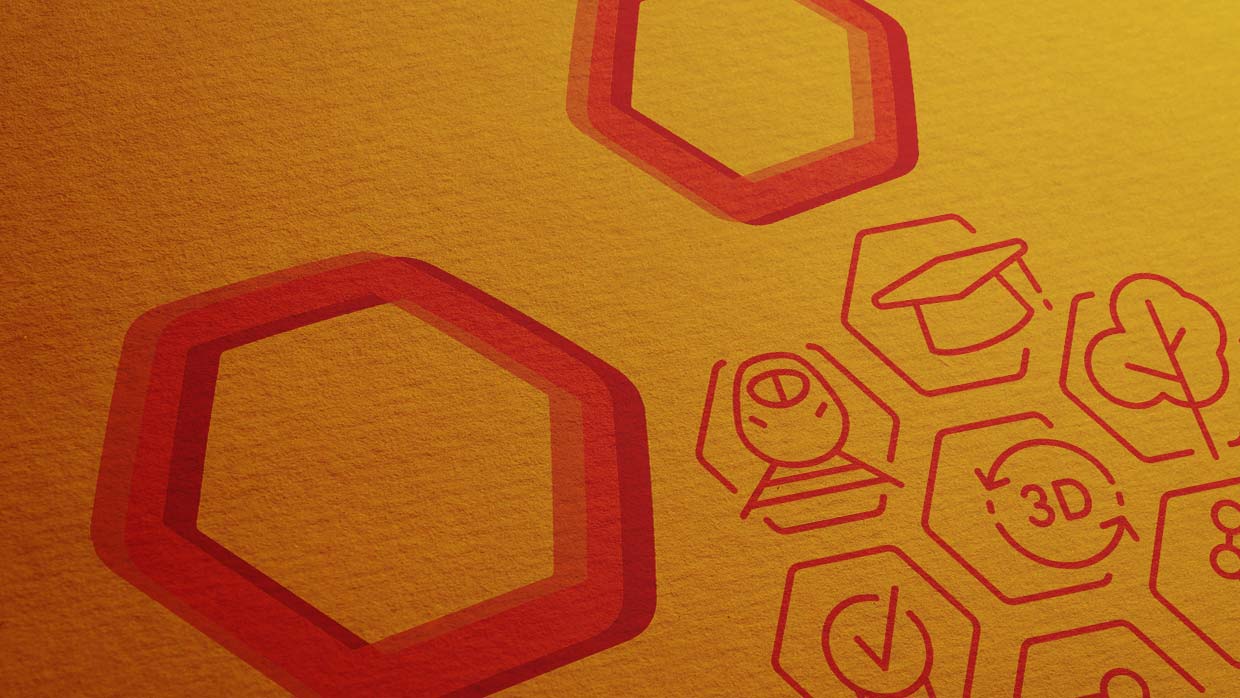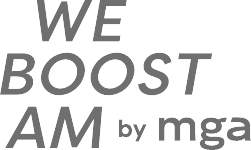[vc_row][vc_column][vc_column_text]Berlin, 15 March 2019 | For immediate release
European railways cooperate in additive manufacturing
Seven European railways will intensify their cooperation within additive manufacturing. 3D printing is one of the key technologies of the digital industry and optimally complements the existing production.
Optimized maintenance is the key to high reliability and availability of rolling stock and ensures maximum reliability in railway operations. High demands on economic efficiency and punctuality coupled with new technologies lead to innovative production methods such as additive manufacturing. 3D printing technology is considered to be one of the key technologies in digital industry and opens up design possibilities that conventional processes cannot offer. The possible applications of 3D printing are manifold: individual tools or aids as well as components that have been re-engineered. 3D printing enables parts to be produced directly on site. Furthermore, material and resource consumption is optimized and the production of obsolete parts that are no longer available is possible – even in small quantities.
Intensified cooperation at European level
To accelerate the exchange of experience, mutual support and joint developments, seven European railways signed a joint declaration at the Additive Manufacturing Forum in Berlin on March 15, 2019. The leading railway companies from Austria, France, Germany, Great Britain, Italy, Sweden and Switzerland will develop a joint database for printed 3D parts in order to be able to share the requirements and learnings from development. Moreover, the companies will cooperate closely in material testing, research, development and cooperation with the industrial environment.
This agreement is an important step towards industrializing additive manufacturing in rail transport. All signing parties are members of the “Mobility goes Additive” network, which with its 90 members is the largest of its kind in the world. Since 2016, topics such as “Approval”, “Materials” or “Change Management” are discussed in nine working groups. Until now, a working group that solely focused on the specific requirements of rail transport did not exist. The “RAILiability” working group – now officially set up with signing of the MoU – will close this gap and accelerate further development.
Concrete requirements are, for example, large metal components made of stainless steel or flame-retardant plastics for the interior fittings of wagons.[/vc_column_text][/vc_column][/vc_row][vc_row][vc_column width=”1/2″][vc_column_text]About MGA Mobility (Mobility goes Additive):
The aim of the network Mobility goes Additive e.V. is to expand the application space of additive manufacturing in the mobility sector and to establish it industrially. More than 100 international member companies from all parts of industry are working in various working groups to develop appropriate solutions.
The network acts as a central platform for the targeted development of the value-added potential of additive manufacturing for the mobility sector. This is achieved by bundling the competencies of the members within the framework of joint projects. The association also serves as a contact for public and political institutions.
https://mobilitygoesadditive.com[/vc_column_text][/vc_column][vc_column width=”1/2″][vc_column_text]For media clarification, please contact:
MGA Mobility
a division of Mobility goes Additive e.V.
Contact: Susanne Merten, Marketing Director
Im Marienpark 22, 12107 Berlin, Germany
t. +49 (0)30 757 66 111
e: susanne.merten@mobilitygoesadditive.com[/vc_column_text][/vc_column][/vc_row]

